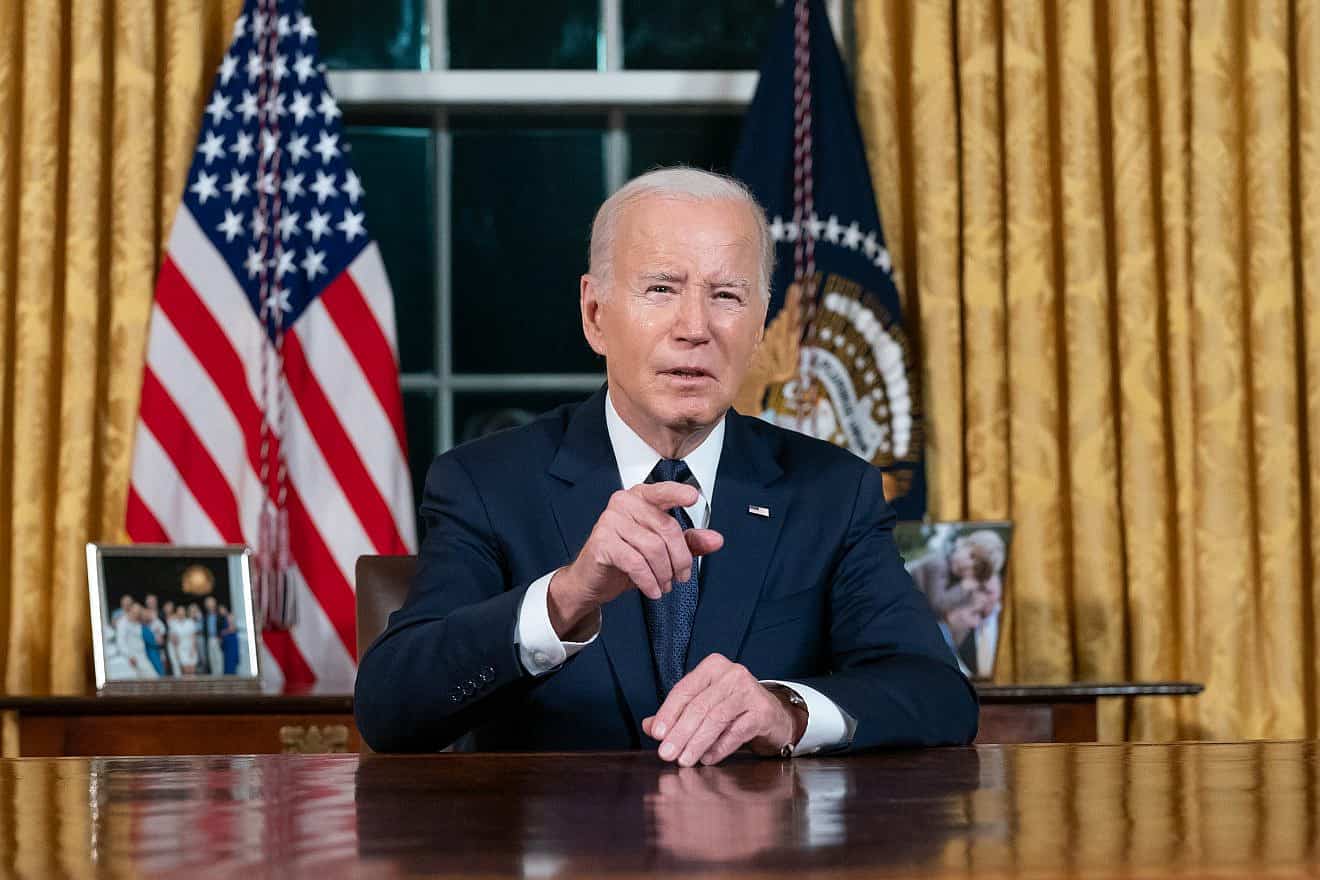U.S. and Arab negotiators pushed Israel and the terror group Hamas to agree to a short cessation in fighting—if for only a few days—in the hopes it will lead to a longer Gaza ceasefire.
A brief respite in fighting “could prove to both sides that the other is serious about a longer deal, negotiators said,” The Wall Street Journal reported on Tuesday.
Ceasefire talks in Cairo, in which Israel did not directly participate, fell apart on Tuesday. The sides later agreed to continue negotiations for at least one more day.
The U.S. has previously called for a temporary ceasefire. Speaking to reporters at the White House on Feb. 16, President Joe Biden said, “I’ve made the case, and I feel very strongly about it, that there has to be a temporary ceasefire to get the prisoners out, to get the hostages out.”
The U.S. has held Hamas responsible for the failure of this round of talks. Biden told reporters on Tuesday that talks were “in the hands of Hamas right now. The Israelis have been cooperating. There’s an offer out there that’s rational. We’ll know in a couple of days what will happen.”
Vice President Kamala Harris also called on Hamas to accept the terms on the table, speaking during a meeting with Israeli War Cabinet member Benny Gantz at the White House on Monday.
Mediators had set the start of Ramadan as an unofficial deadline for a ceasefire. The annual Muslim religious holiday, which begins this year on the evening of March 10, is regularly exploited by Hamas and the Palestinian Authority to incite violence against Jews.
Israeli Defense Minister Yoav Gallant warned late last month that terrorist groups are plotting to step up violent attacks on the Jewish state during Ramadan.
“The main goal of Hamas is to take Ramadan, with an emphasis on the Temple Mount and Jerusalem, and turn it into the second phase of their plan that began on October 7,” Gallant told IDF troops.
While the Biden administration blamed Hamas for the collapse of the latest negotiations, its position towards Israel has gradually shifted as it comes under pressure from its progressive party base.
Initially full-throated in its support for Israel at the start of the Gaza war, the White House has increasingly signaled its dissatisfaction with Israel over issues related to humanitarian aid and the high death count of noncombatants (at least according to Hamas numbers).
Most recently, on Tuesday U.S. State Department spokesman Matthew Miller accused Israeli ministers of being an “obstacle” to Gaza aid.
Harris, in her Monday meeting with Gantz, criticized Israel’s handling of the humanitarian issue, an Israeli official told the Journal.
Gantz argued that Israel must destroy Hamas’s remaining stronghold in Rafah, a city bordering Egypt. Otherwise, Hamas could survive and regroup.
“Finishing the war without demilitarizing Rafah is like sending in firefighters to put out 80% of a fire,” Gantz told U.S officials at meetings with Harris and other senior Biden officials, including Secretary of State Antony Blinken.


























